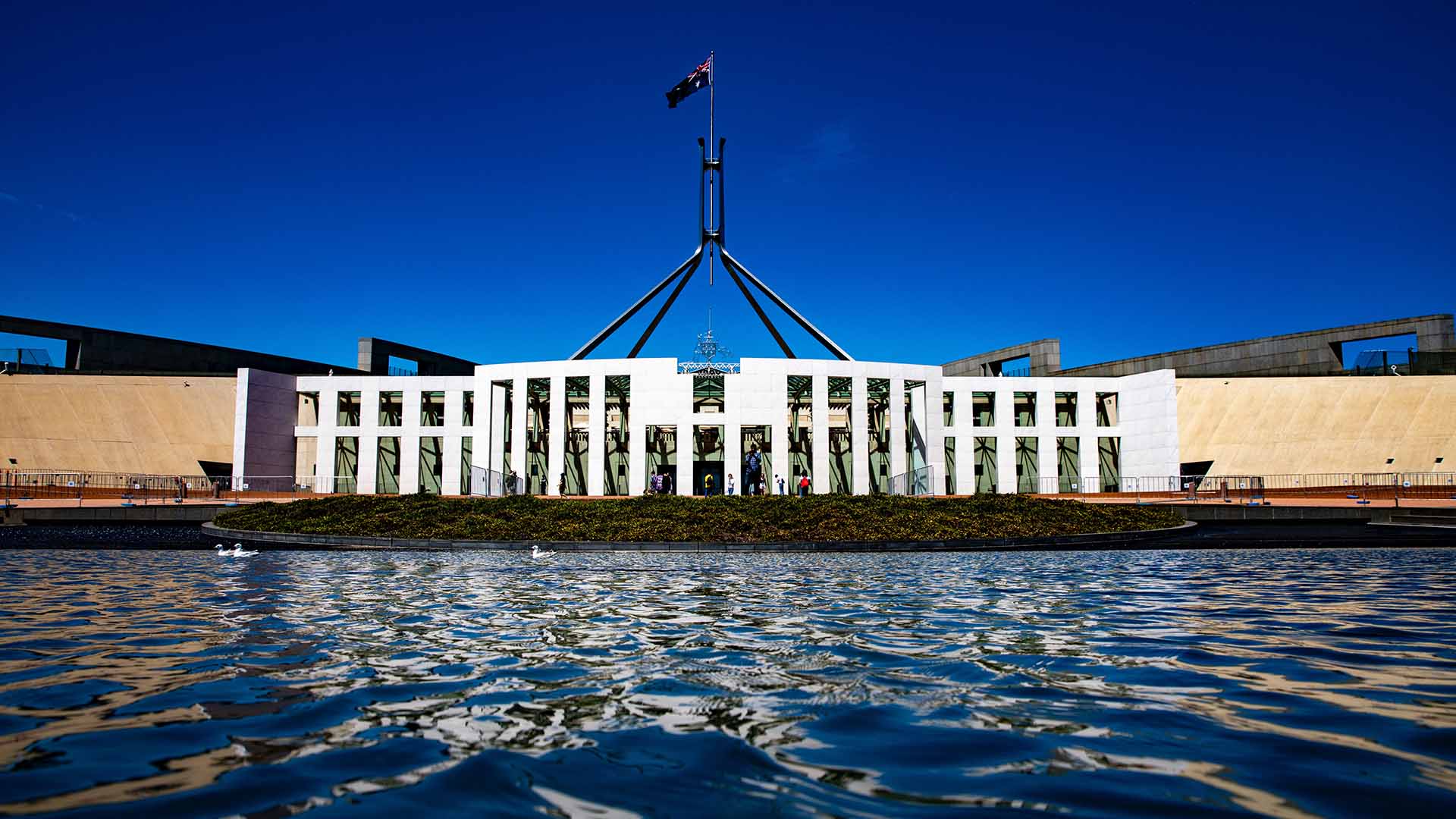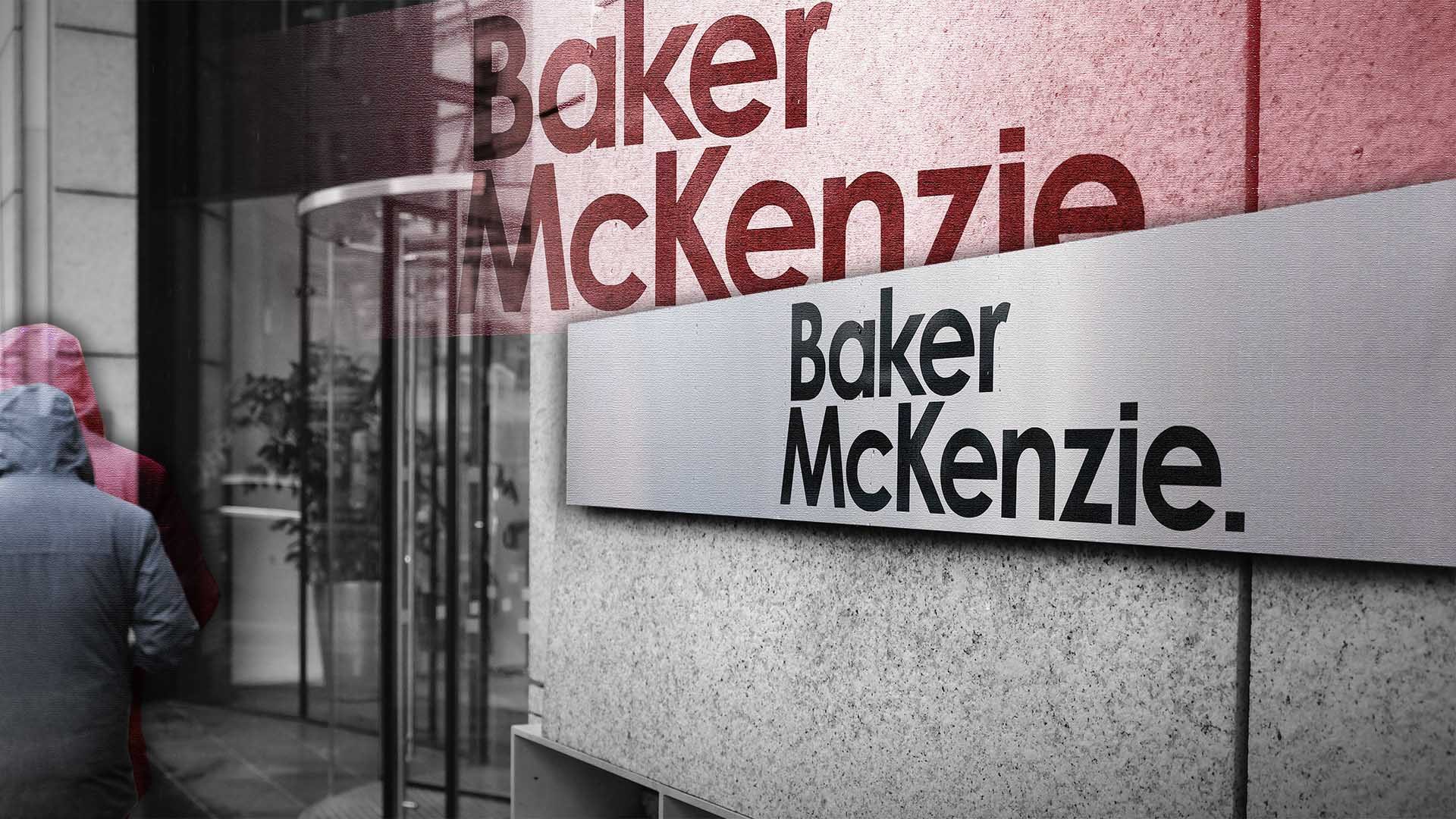CORPORATE TAX
New Australia, EU rules set to force companies to publish global tax data
The Australian plan will require the world’s biggest companies to reveal new details about their country-by-country earnings and tax bills. It’s sparked calls for more countries to follow suit.

Tough new Australian and European transparency rules for multinational businesses are poised to reignite the bitter debate over how they comply with their tax obligations country-by-country.
Both the Australian government and European Union member states have until the end of June to implement laws that will require global corporations over a certain size to report details about their operations and disclose the taxes they paid in each country where they conduct business.
The Australian legislation, soon to be voted on by the country’s lawmakers, will apply to companies operating there that have an annual global income of more than AU$1 billion (about $650 million at the time of writing), regardless of where the company is headquartered.
Corporate leaders have railed against the plans that require them to publicly report employee numbers, primary business activities, revenue, assets (including intangible assets), taxes paid and the company’s effective tax rate in each country where they operate.
In the EU, member states have until the end of June to begin implementing public country-by-country tax reporting schemes, as mandated by an EU directive. The EU rules are not as broad as the Australian ones, fuelling concerns from business groups that Australia’s reporting scheme would force businesses to publish commercially sensitive information.
Tax expert Liam Telford, with auditing firm RSM Australia, told ICIJ media partner the Australian Financial Review that the high level of disclosure required under the law could hurt Australia’s ability to attract business.
“Disclosing entities could face substantial harm to their competitive position, particularly if their competitors are not subject to a similar regime,” Mr Telford told the AFR. “Transparency is important, but it shouldn’t come at the expense of Australia’s global competitiveness.”
Two U.S.-based trade organizations, the United States Council for International Business and the National Foreign Trade Council, also warned the Australian government that the proposed requirements went too far and were being rushed through.
However, financial transparency advocates say these measures are part of a growing global push to tackle tax inequity by obliging companies to publish more details about their operations.
“Exposure of current practices will encourage an end to abusive tax schemes everywhere,” said Jason Ward, an analyst at Australian advocacy group the Centre for International Corporate Tax Accountability & Research. The group applauded the Australian government for “showing global leadership.”
The looming legislative deadlines in Australia and the EU come weeks after a coordinated campaign by investors and activists, including advocacy groups Oxfam and the Financial Accountability & Corporate Transparency Coalition, to build shareholder support for increased tax transparency at the annual meetings of a number of large U.S. companies over the past months. Building on work that started last year, Oxfam and the FACT Coalition said an increasing number of shareholders voted in favor of transparency measures at annual meetings in recent weeks at companies including Exxon, Chevron and Amazon.
“It’s clear that investors are eager to see exactly where and how their portfolio companies are doing business, and whether those companies are earning their profits through innovation and competitive advantage, or risky and irresponsible tax practices,” said FACT Coalition executive director Ian Gary in a statement.
Gary described an “avalanche” of momentum building, and he cited the March re-introduction of legislation calling for public country-by-country reporting in the U.S. as another sign that “the question is not whether large corporations are going to have to start reporting this information, but when.”
[The] question is not whether large corporations are going to have to start reporting this information, but when.
— Ian Gary, FACT Coalition executive director
“By adopting a regime like the one currently being advanced in Australia, the U.S. could help set a standard of tax transparency capable of addressing the challenges facing today’s digital global economy,” Gary said.
ICIJ investigations like the Paradise Papers and Lux Leaks exposed the extensive measures companies take to shift profits to tax havens in an effort to dodge taxes in the jurisdictions where they operate.
In 2017, ICIJ’s Paradise Papers shed light on tax maneuvers of more than 100 corporations, including Nike and Apple, which shifted profits around the world to accumulate $252 billion offshore. A study published in 2021 showed that, in one year alone, corporations shifted $1 trillion offshore, depriving governments of hundreds of billions in revenue.


